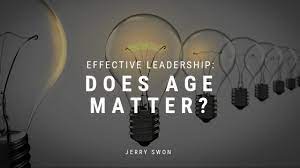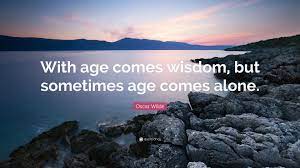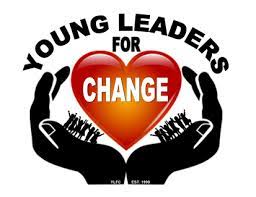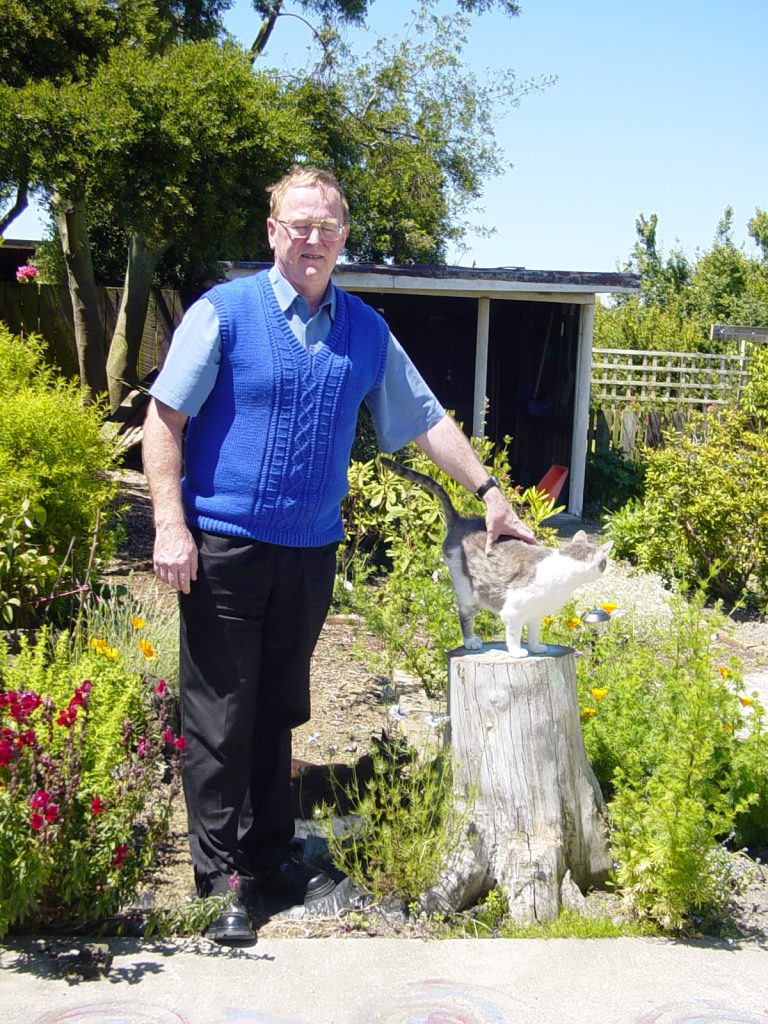Welcome to this series on Seniors. I hope you enjoy this thought-provoking and inspiring reading.
Why do we prefer older leaders for stability and younger leaders for change?
Consider this. Most political leaders around the world achieve their position in office when they are well in their forties. However, many of the world’s best-known revolutionary leaders were considerably younger when they came to prominence.
Here are four presidents of the United States and the age at which they took office:
Bush sr. 64, Clinton: 46; Bush jr. 54; Obama: 47.
Here are some of the world’s best-known revolutionary leaders and the age at which they started to rule:
Fidel Castro (33), Napoleon (30), and Emiliano Zapata (31).
A similar age gap is found for leaders in business. Whereas most CEOs of 500 Fortune companies are between 50 and 59 years old, entrepreneurial leaders tend to be considerably younger, with more than half of them being younger than 35.
What is going on? Are there age biases in leadership emergence, and why do they exist? Psychologists say age is an important aspect of a person’s perception. Age is one of the first things we infer when we look at a face and we have a keen interest in guessing people’s age when we first meet them.

So far leadership scientists have not been terribly interested in questions regarding age and leadership. This is an oversight for various reasons.
- First, humans tend to live longer so there will be more people of old age around than ever before in our history.
- Second, there seems to be a general trend toward endorsing younger leaders in business and politics.
So, what does age tell us about implicit leadership abilities?
We recently started a research program looking at age and leadership from an evolutionary psychology perspective. We are particularly interested in people’s implicit judgments about younger versus older leaders. We predicted that age would matter in leadership judgments.
First, we thought that age can be seen as a cue for wisdom so whenever groups encounter problems that require some knowledge about norms, values, and old ways of doing things (traditions) we would expect them to endorse an older leader.
This idea is partly informed by animal literature. In elephants, the oldest individual in the herd, the matriarch, leads the herd across the desert to a waterhole that no one knows about except her. So, it is in the interest of the herd to follow the oldest member if they want to survive
Of course, elephants do not have Google Maps and neither did we, humans, a decade ago. Other research shows that as people get older, they become better at thinking about social conflicts, and so does their crystallized intelligence – combining knowledge from various sources.

So, age might be a cue for wisdom.
So, when would we want to pick a younger leader? One obvious situation would be when old knowledge no longer applies because we are confronted with new challenges, and we must rely on new information. Currently, many societies undergo rapid changes, for instance, in technology, new resources, migrations, etcetera.
That means that we want leaders who know new ways of doing things. Indeed, younger individuals come up with more creative solutions and have more fluid intelligence than older people — this is the kind of intelligence that wins you a Nobel Prize.
In a recent set of studies in the Leadership Quarterly* — we looked at leadership preferences for older versus younger-looking leaders via using a face morph technology. For each pair of faces (young vs. old) we gave a scenario, either involving economic stability or technological change. Our participants then had to choose between each of the two faces as their leader.
As we predicted, people preferred the younger-looking leader for change and the older-looking leader for stability.

In a final study, we added a twist. The scenario had to do with environmental change and innovation. We reasoned that younger-looking leaders might get an edge when it would be important for societies to move the economy from non-renewable to renewable resources — something that many societies today are struggling with. This is indeed what we found.
When we are looking for green leaders our prototype shifts towards the younger generation. This is good news, of course, for the current crop of leadership talent in society.
It looks as if when businesses and societies are keen to come up with new ways of organizing themselves, they shift their preference to younger leaders. Yet although they may have the stamina, and ideas to innovate business and society, they may be lacking in the one thing that many organizations still need. It is this crazy little thing called wisdom.

Get Smarter
We should not dismiss elders’ wisdom too easily even in the age of Google Maps.
For more blogs, please visit www.NicksDigitalSolutions.com and choose Nick’s blog
For E-Learning material, please visit www.NicksDigitalSolutions.com and choose the E-Learning shop (in particular, Seniors).
Nick Thorne is the founder of Nick’s Digital Solutions Limited. He lives in Levin, New Zealand.

Nick Thorne performs a cat scan
